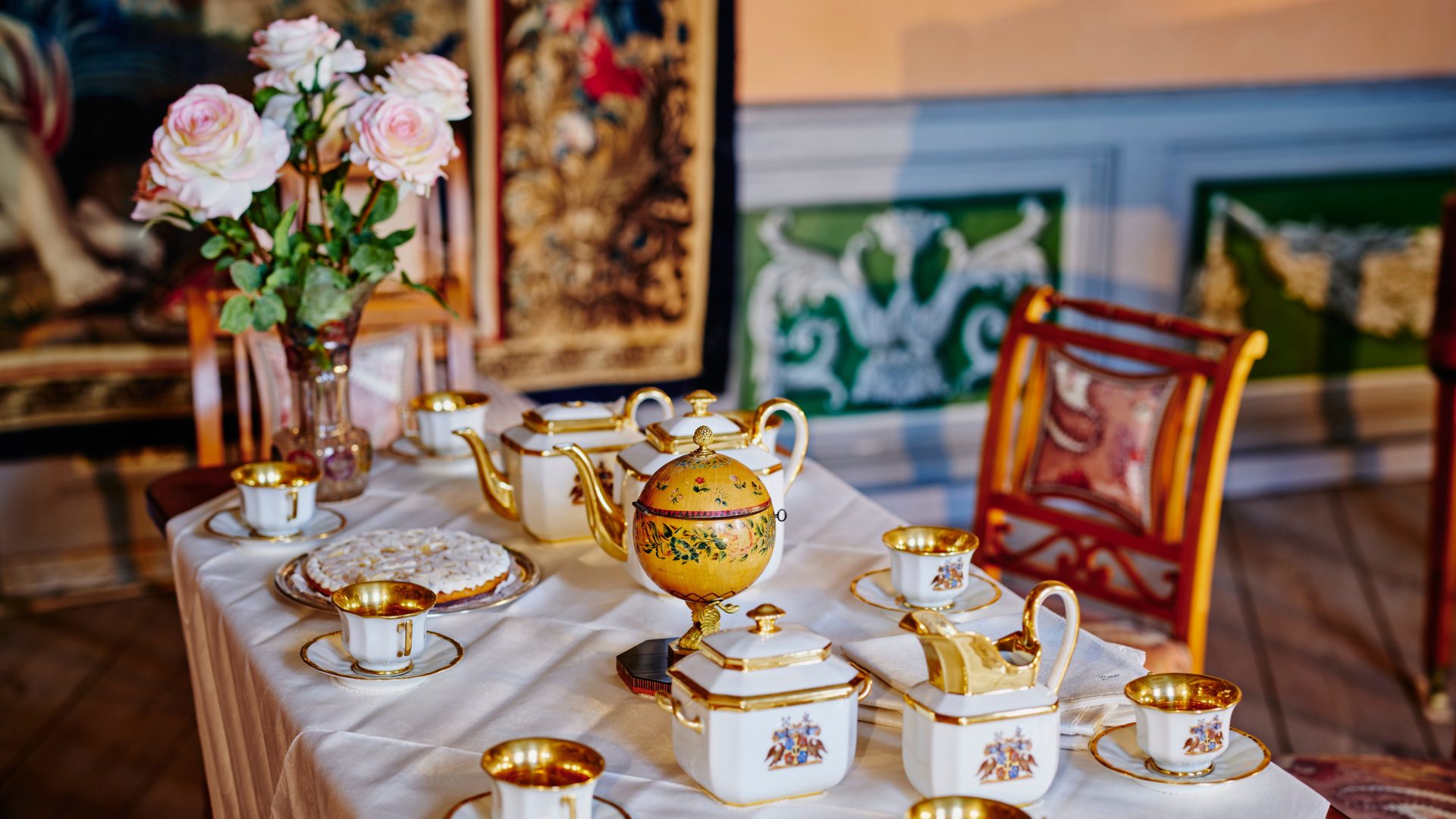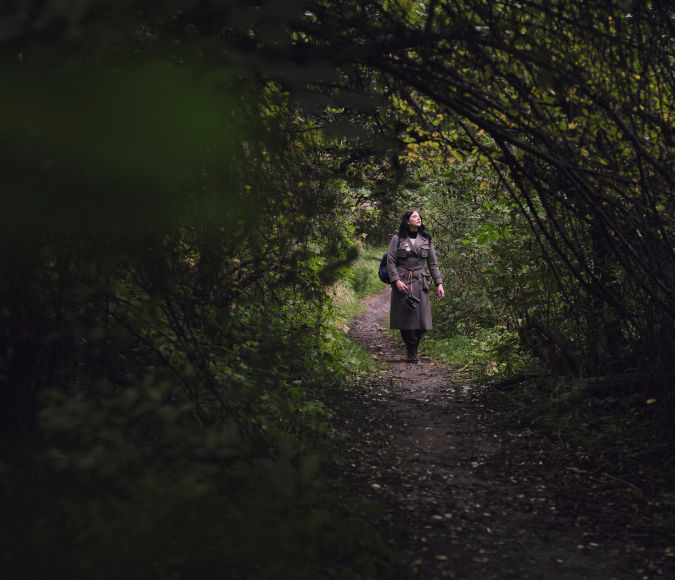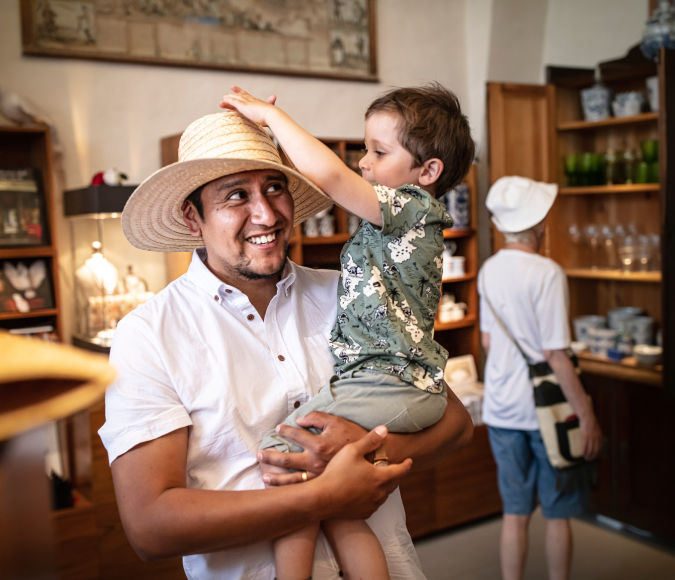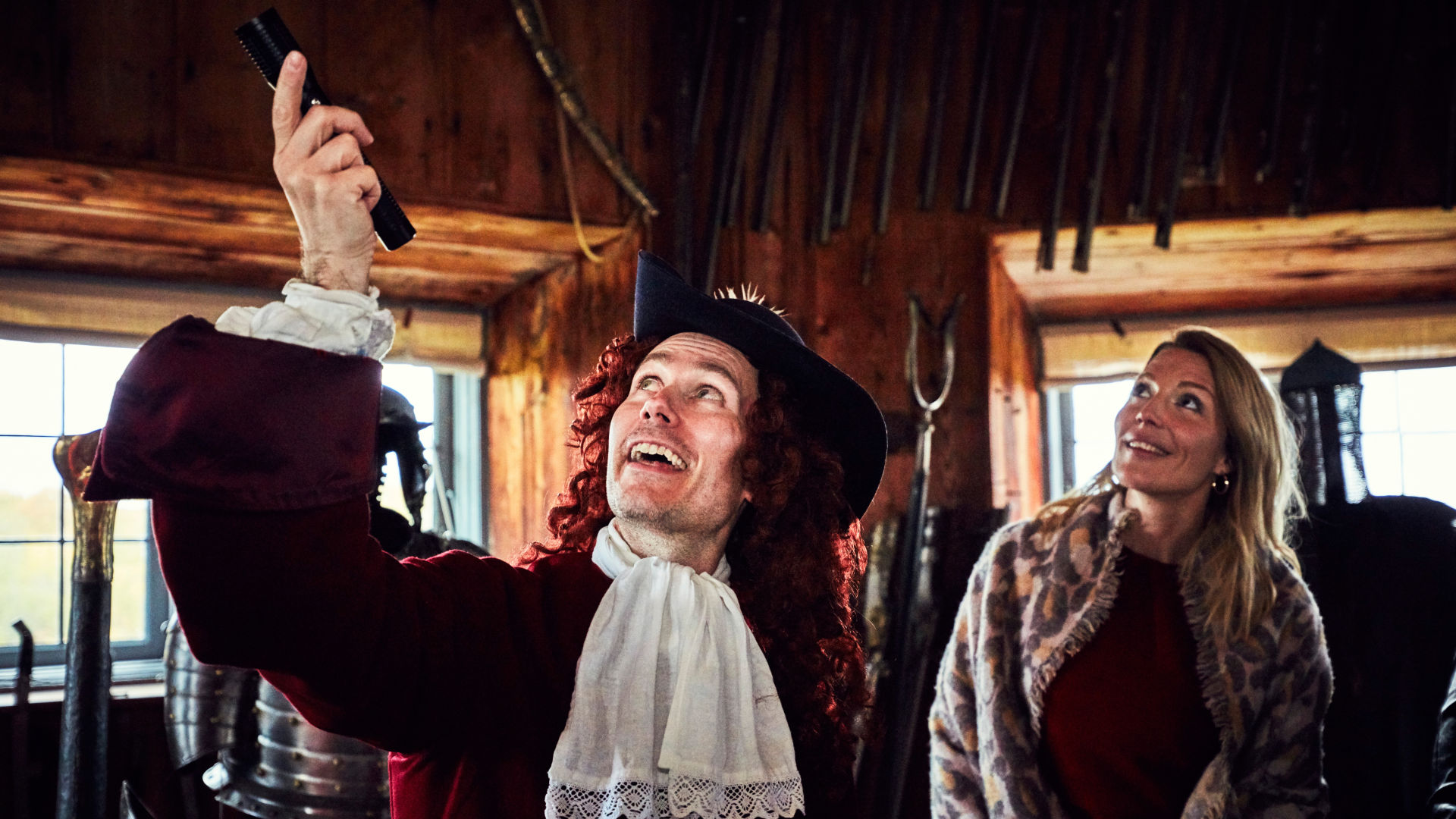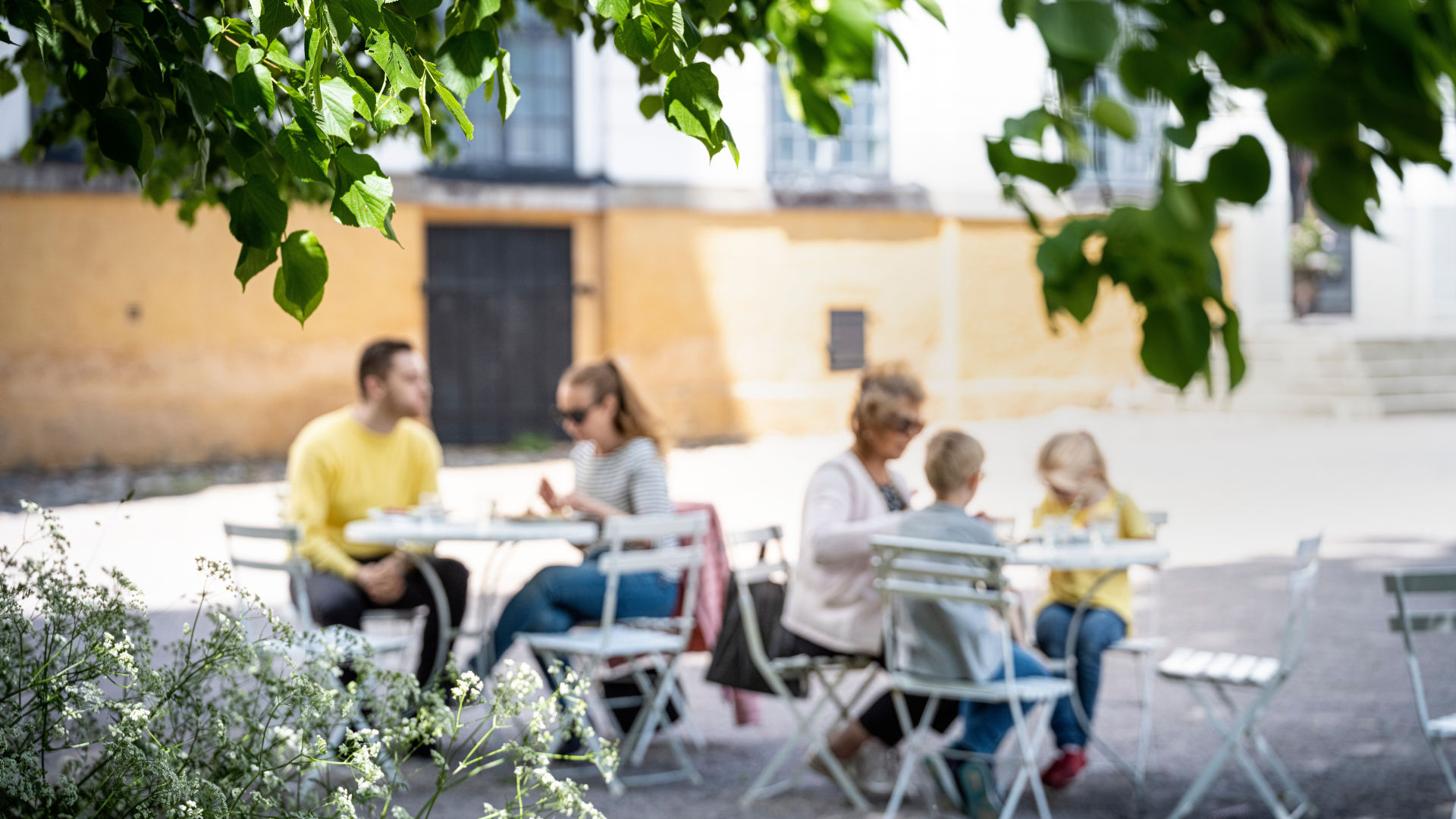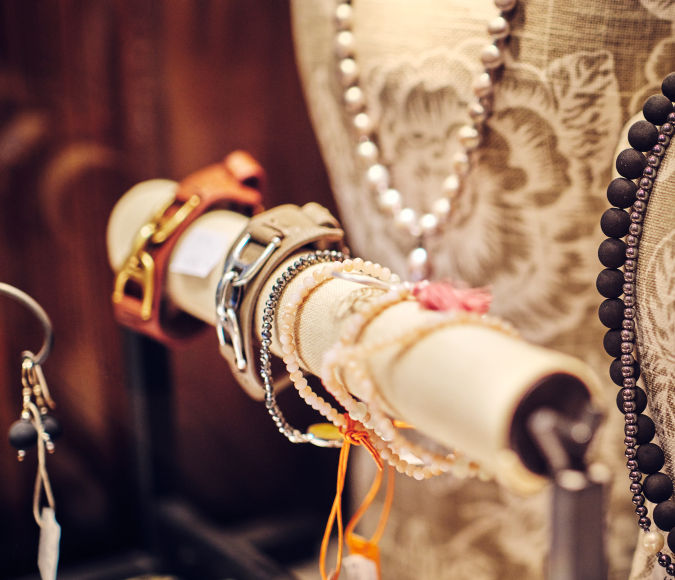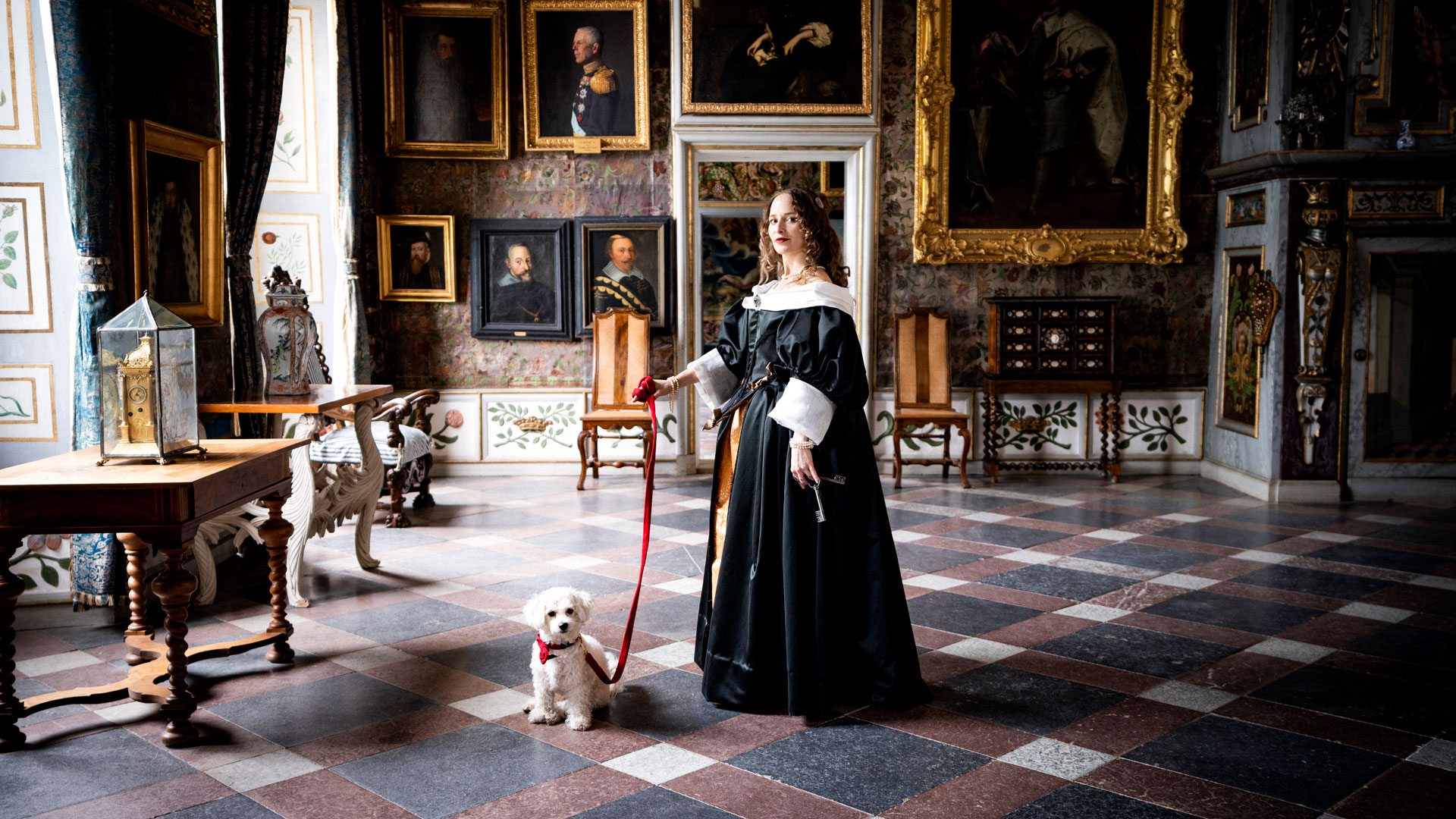
Chatelaines and convent sisters
Previous exhibition
This exhibition has ended. Chatelaines and convent sisters was on display at Skokloster Castle between 2022 and 2025.
Anna Margareta von Haugwitz made a remarkable journey. From beginnings as a child orphaned in the thirty years war in Germany, she ended her days as a countess and the wife of a privy councillor. She was the first chatelaine of Skokloster Castle and her imprint in the castles’s interiors and collection is still present.
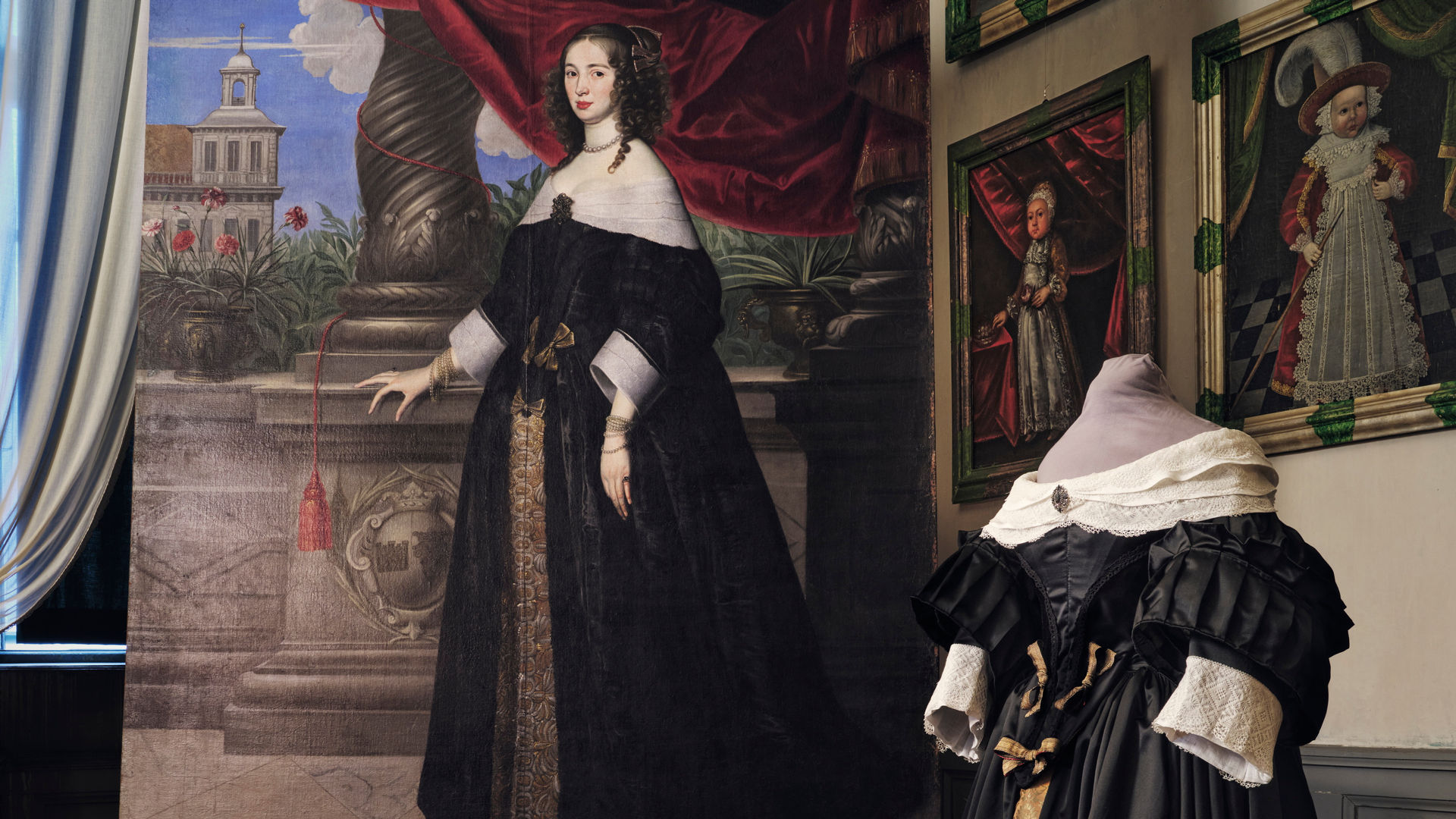
Hidden history
For almost 750 years, women have worked, had influence and taken responsibility at Skokloster. From the enclosed women’s world behind the medieval convent walls to the chatelaines’ input right up until the 1960s. After Anna Margareta von Haugwitz, more chatelaines came to bring life to Skokloster Castle – women who brought networks, property and financial capital. Several of them were also involved in creating and preserving the collections.
With the exhibition’s focus on themes such as the significance of marriage, social responsibility, leadership and the search for new female roles, we follow in the tracks of the women who have lived and worked at Skokloster. A previously hidden history that has now been brought into the light.
Linen, jewels and portraits
The exhibition displays everything from medieval gold leather embroidery, portraits and woven wallpapers to linen, jewellery and hunting weapons. There are also objects from private collections that have not been on public display before, such as portraits painted by Bruno Liljefors, Zoia and Henrique Medina – as well as dresses by the French fashion designer Jean Patou.
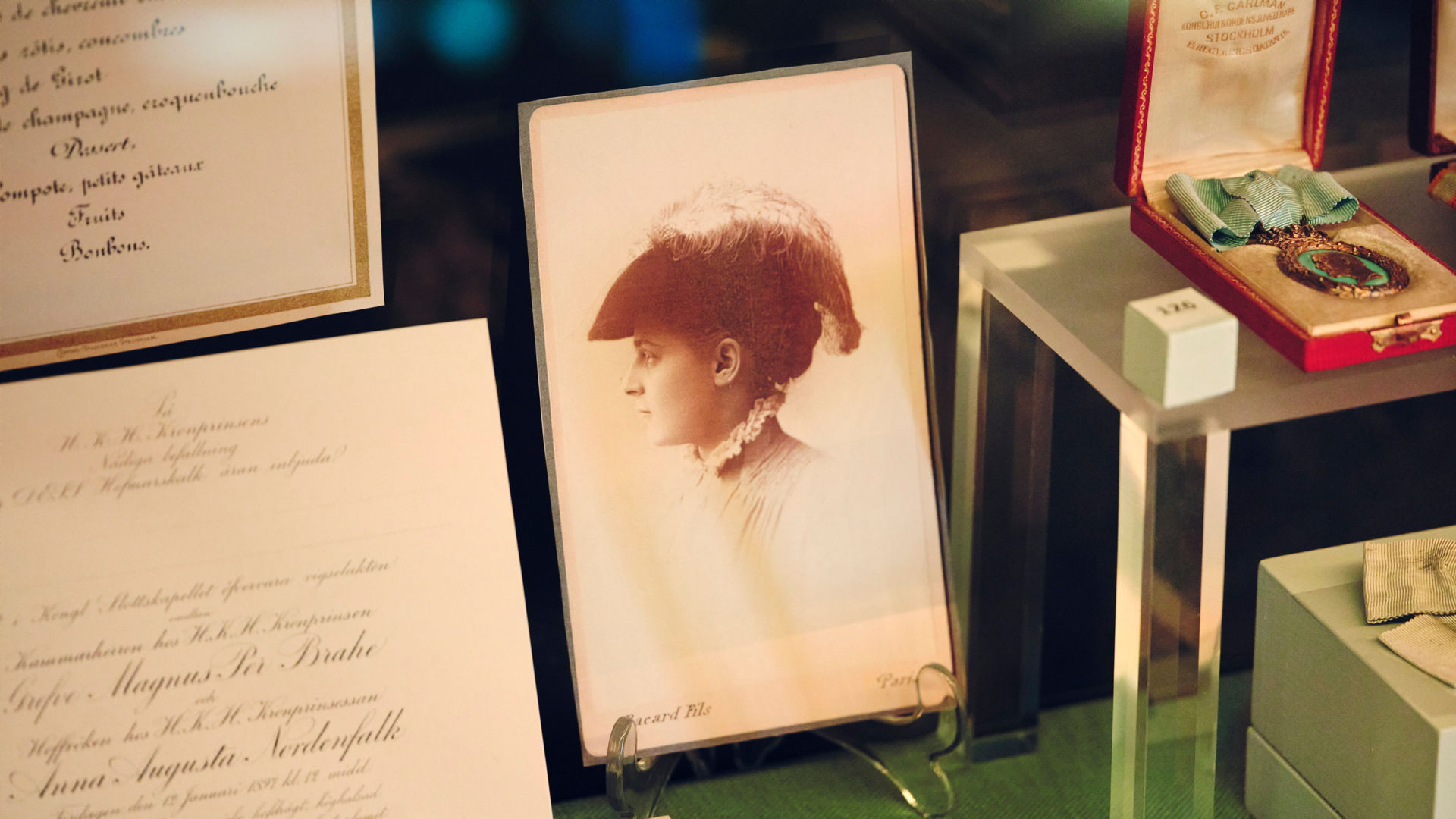
Entrance price
Entrance to the exhibition is included in the entrance ticket to the castle, SEK 120 (free for all under the age of 19)
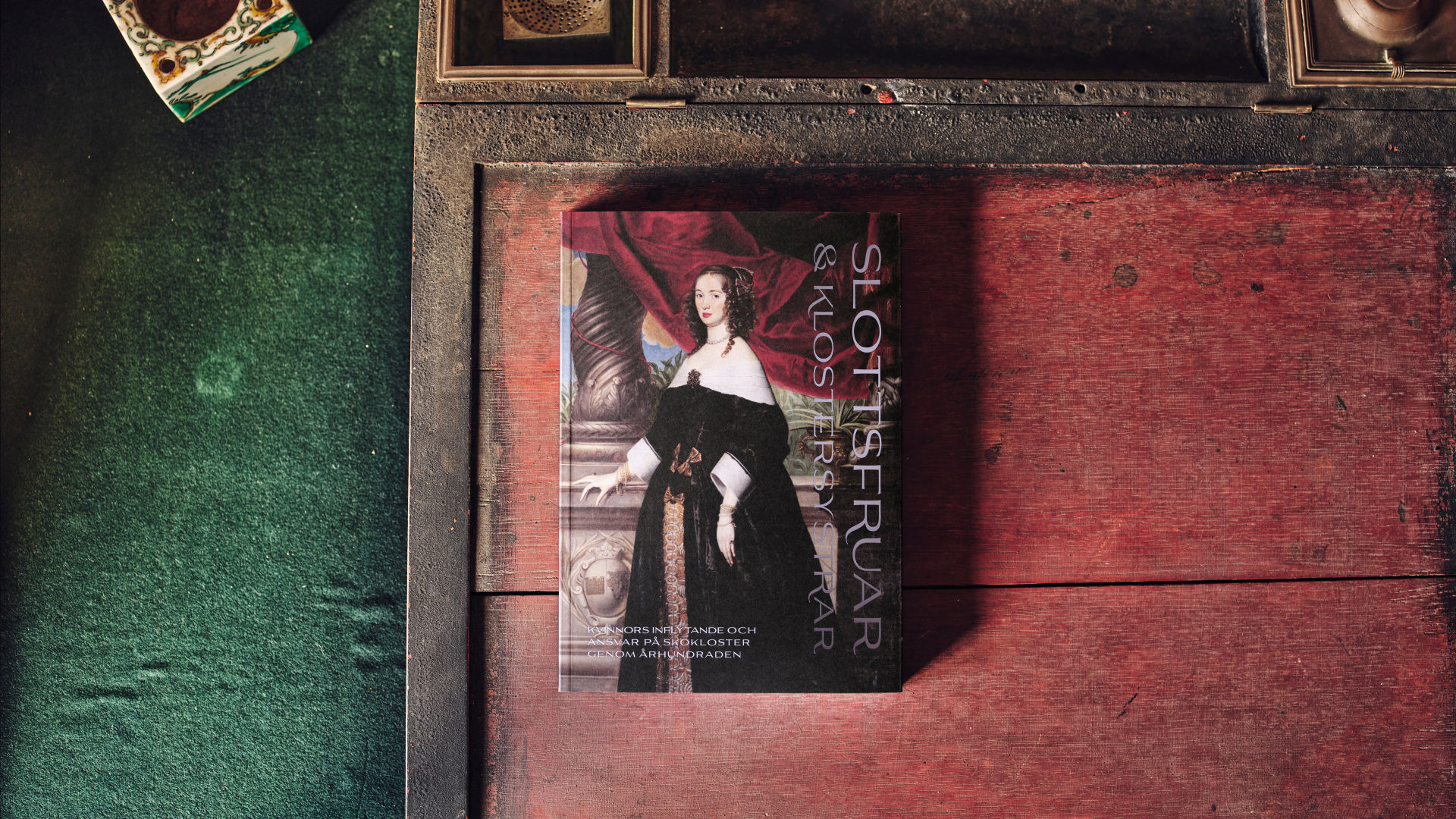
Chatelaines and convent sisters – women’s influence and responsibilities at Skokloster through the centuries
For almost 750 years, women have exercised influence, worked and taken responsibility at Skokloster. From the closed walls of the medieval convent to the chatelaine’s contributions to the estate. Even in times when the husband was formally the head of the household, the wife was expected to take care of much of the day-to-day activities. Through the women, networks were created and properties were transferred between the families.
Several of the chatelaines contributed to shape the Skokloster collection as well as to preserve the artworks and objects. The chatelaines have influenced how we view Skokloster Castle and its collections today. With a focus on themes such as the importance of marriagealliances, leadership, social responsibilities and women's search for new roles, we follow in the footsteps of the chatelaines and the convent sisters. A hitherto hidden history of Skokloster is told through these women.
The publication's 15 articles are richly illustrated. The book can be bought in the museum shop at Skokloster Castle, as well as the sister museums the Royal Armoury and the Hallwyl Museum.
Editor: Annika Williams
Number of pages: 192
Price: SEK 149
Trailer and photo: Samuel Voigt Lind, Skokloster Castle, SHM.
